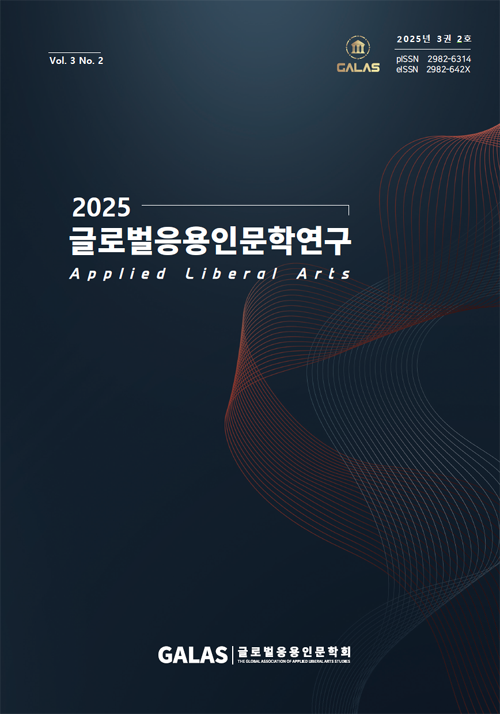종교의 극단, 정치의 극단: 현상과 영향에 대한 분석
Religious Extremism, Political Extremism: An Analysis of Phenomena and Implications
- 글로벌응용인문학회
- 글로벌응용인문학연구
- 제3권 2호
-
2025.0819 - 38 (20 pages)
-
DOI : 10.58990/galas.2025.3.2.19
- 12

본 연구는 현대 한국 사회에서 종교적 극단주의와 정치적 극단주의가 결합하여 나타나는 현상과 그 사회적 함의를 신학적·사회학적 관점에서 분석한다. 기독교가 역사적으로 제시해온 사랑, 용서, 연대의 가치와 대비되게, 일부 극우 개신교 집단은 정치적 극단 세력과 연대하여 가짜뉴스, 혐오 발언, 배제 담론을 확산시키고 있으며, 이는 민주주의의 기반과 사회 통합을 심각하게 훼손한다. 본 연구는 첫째, 종교적·정치적 극단주의의 개념과 구조적 특징을 규명하고, 둘째, 정보기술 발달, 경제·사회적 불안, 집단 정체성의 위기 등 현대사회적 조건이 양자의 결합을 촉진하는 경로를 분석한다. 셋째, 이러한 결합이 초래하는 사회 분열의 고착화, 소수자 차별의 제도화, 민주적 공론장의 붕괴, 폭력·테러리즘 위험의 증대 등을 국내 사례 분석을 통해 구체적으로 제시한다. 마지막으로, 공공신학과 공적 목회의 관점에서 교회의 자기 성찰과 구조 개혁, 포용적 신앙 실천, 반(反)혐오 담론의 확산을 포함한 대응 전략을 제안한다. 연구의 결론은, 한국 기독교가 진영 논리와 배타성을 넘어 보편적 정의·평화·연대의 시민윤리를 구현할 때, 민주주의 회복과 사회 통합에 실질적으로 기여할 수 있음을 강조한다.
This study examines, from both theological and sociological perspectives, the convergence of religious extremism and political extremism in contemporary Korean society and its broader social implications. In stark contrast to the Christian tradition of love, forgiveness, and solidarity, certain far-right evangelical groups have forged alliances with political extremist forces to disseminate disinformation, propagate hate speech, and perpetuate exclusionary discourses— thereby gravely undermining the foundations of democracy and social cohesion. First, the research delineates the conceptual definitions and structural characteristics of religious and political extremism. Second, it analyzes the socio-historical conditions—such as the rapid advancement of information technologies, socio-economic insecurities, and crises of collective identity—that facilitate their mutual reinforcement. Third, it illustrates, through domestic case studies, the concrete consequences of this alliance, including the entrenchment of societal polarization, institutionalization of minority discrimination, erosion of democratic public spheres, and heightened risks of violence and terrorism. Finally, adopting the framework of public theology and public ministry, the study proposes strategic responses encompassing ecclesial self-reflection, structural reform, inclusive faith practices, and the proliferation of counter-hate discourse. The study concludes that Korean Christianity can make a substantive contribution to the restoration of democracy and the promotion of social integration only when it transcends partisanship and exclusivism to embody universal civic virtues of justice, peace, and solidarity.
Ⅰ. 서론
Ⅱ. 본론
Ⅲ. 결론
참고문헌
(0)
(0)